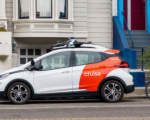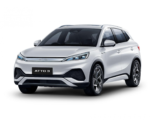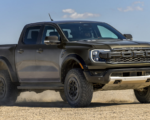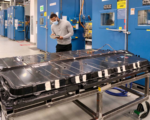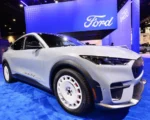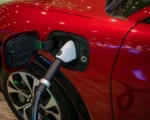Ford Delays New EVs Again, Highlighting Need for Legacy Automakers to Embrace Startup Mentality
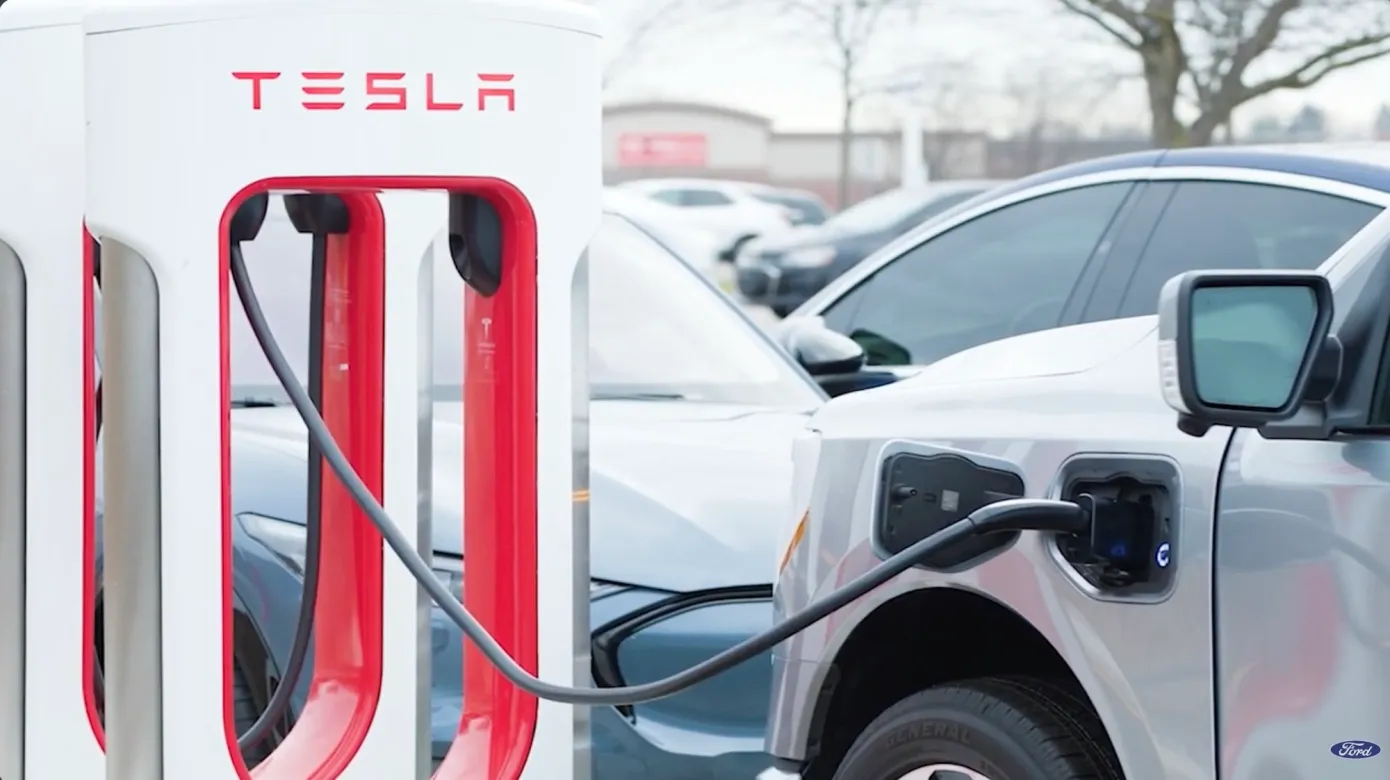
Ford Delays Electric Vehicle Production, Embraces Hybrid Lineup Strategy
Ford announced Thursday that it’s postponing the production of two electric vehicles, a next-generation EV pickup, and a three-row EV SUV. The pair are now scheduled to arrive in 2026 and 2027, experiencing delays of one and two years, respectively. Instead, the automaker will be rolling out hybrids across its U.S. lineup.
Ford’s CEO, Jim Farley, has been hinting at these delays for months. Last fall, the company deferred $12 billion in planned investments. In February, Farley emphasized the increasing significance of hybrids in the industry’s transition, signaling a shift towards long-term sustainability—a message well-received by shareholders.
The move is likely to be applauded by Wall Street, especially in light of Toyota’s recent success, reporting a 22% year-over-year sales increase in the United States, driven by strong demand for hybrids. Ford’s pivot aims to strengthen cash flow and near-term profits, a prudent move for a company of its stature amidst uncertain times.

However, Ford’s unique strength lies in its ability to think like a startup, a trait it has recently embraced despite the delays in EV production. Historically, Ford excels when it pioneers market-shaping innovations rather than merely reacting to market trends.
A prime example is the Mustang Mach-E, Ford’s all-electric crossover. Initially conceived as a conventional crossover, CEO Jim Hackett mandated a radical redesign, resulting in a compelling vehicle that propelled Ford to second place in U.S. EV sales.
This agility is not new to Ford. In the 1980s, amidst Japanese competition, Ford revolutionized the market with the Taurus, a sleek and affordable car that defied conventions and rejuvenated the company’s fortunes. Similarly, the Explorer redefined the SUV segment, anticipating the consumer shift towards family-friendly vehicles.
Throughout its history, Ford has demonstrated a knack for innovative products, from the original Mustang to the ’49 Ford, each disrupting the market and driving the company’s success. While Ford’s pivot to hybrids may be pragmatic, its entrepreneurial spirit remains its most potent asset.






